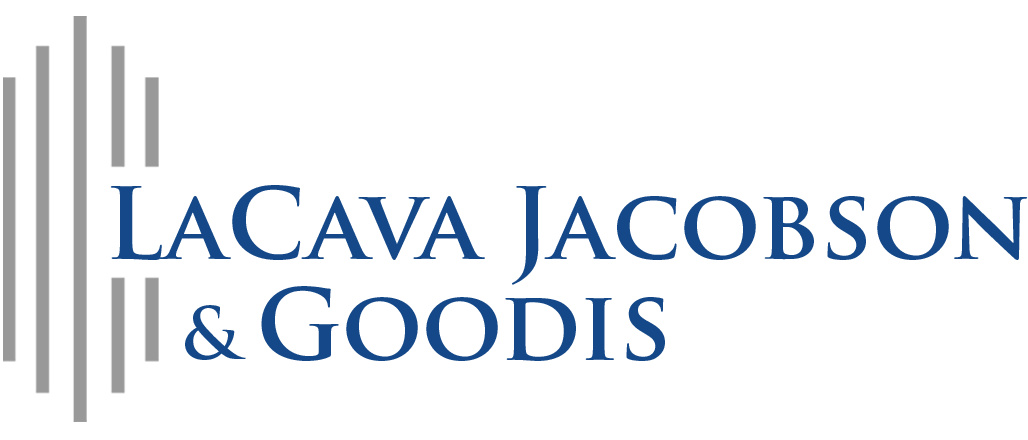June 28, 2013 edition of Florida Law Weekly
Rodriguez v. Miami-Dade County, Florida (Florida Supreme Court) The Florida Supreme Court held that the District Court of Appeal erred in finding that it had certiorari jurisdiction to review an order denying the County’s motion for summary judgment on the basis of sovereign immunity. In this case, the Plaintiff filed suit against Miami-Dade County alleging that he was negligently shot by a police officer responding to a burglar alarm at his place of business. The Third District Court of Appeal found that it could review the denial of the motion for summary judgment via a petition for writ of certiorari and at the conclusion of argument, found that the County was entitled to sovereign immunity as matter of law. The Florida Supreme Court disagreed, finding that Miami-Dade County could not show irreparable harm, one of the elements required for certiorari jurisdiction. The Florida Supreme Court explained that there are very few categories of non-final orders, such as those denying summary judgment, that will satisfy the elements required for certiorari jurisdiction.
The Florida Supreme Court reiterated its position that the continuation of litigation and ensuing costs is not enough to show irreparable harm. Based on this holding, if a motion for summary judgment on this issue is denied, the argument that needs to be made for review is that there can legally be no case brought against the individual seeking immunity based on statutory law, not the facts as applied to the law itself.
Kelly v. Bank United (4th DCA). In this case, the Court held that the trial court erred in refusing to rehear a motion for summary judgment. The Defendant bank filed a motion for summary judgment and scheduled the hearing. On the day of the hearing, Plaintiff’s attorney was unable to attend due to a secretarial scheduling error (which was evidenced by affidavit.) The Defendant’s attorney immediately requested a rehearing based on excusable neglect which was denied. The opinion cites to another case where the Fourth District Court of Appeal held that an attorney’s failure to appear due to secretarial error constituted excusable neglect. JJ K International Inc. v. Shibbaran, 95 So. 2d 66 (Florida 4th DCA 2008).
R.J. Reynolds tobacco Company and Lorillard Tobacco Company v. Sury (1st DCA). The Court holds that where a party pleads a cause of action for negligence as well as cause of action for intentional tort, where a jury finds for the Plaintiff on both theories, there is no reduction of damages for comparative fault pursuant to 768.81. In this case, it appears that the Court relied upon the parties agreement to the verdict form as well as the consistent position by the Plaintiff that there would be a set-off for findings other than those regarding intentional torts. In light of the fact that the intentional tort was pled, argued, and proved to the jury, the Court held that set off for comparative fault was inapplicable.
Maggolc v. Robertson (3d DCA): The Court held that with respect to awards of past lost earnings and future lost earning capacity, the Plaintiff was not required to submit any corroborative evidence in support of the award, such as income tax returns. The Court noted that there is no requirement that a claim for lost past earnings must be supported by documentary evidence. In this case, the Court held that a Plaintiff’s unsupported testimony was all that a jury was required to consider in awarding damages for past and future lost earnings.
State Farm v. Joerg (2d DCA): In this case, the Trial Court ruled that evidence of past medical expenses must reflect the lower Medicare reimbursement amounts because of the Plaintiff’s participation in the program due to his disability. However, the Trial Court did not allow State Farm to introduce evidence of future medical expenses as reduced under the Medicare program. State Farm appealed this ruling and the Second District Court of Appeal agreed, reversing the award. As this was an issue of first impression, the Court relied on the Florida Supreme Court ruling in Florida Physicians Insurance Reciprocal v. Stanley, 452 So.2d 514 (Florida 1984), which held that evidence of free or low-cost services from governmental or charitable agencies available to anyone with disabilities is admissible on the issue of future damages. The Court held that Stanley survived the 1986 Tort Reform and Insurance Act with respect to this issue. The case also discusses other cases where reductions are not permitted.
Terry Tsafatinos and Sigma TAF Management Inc. v. Family Dollar Store of America (2d DCA): In this case, Mr. Tsafatinos (property owner) leased his premises to Family Dollar. An employee of Family Dollar slipped and fell on an uneven concrete floor and following that injury, Family Dollar provided worker’s compensation benefits to him. The employee filed a Complaint against the property owner and its property manager. In response, the property owner filed a third-party complaint against Family Dollar for common law indemnity. One of the elements of common law indemnity is that the party seeking indemnity be vicariously liable for the party it is seeking indemnity from. The trial court entered an order dismissing the claim for vicarious liability.
The Second District Court of Appeal upheld the trial court’s order, stating that the property owner could not be vicariously liable for the negligence of Family Dollar. The DCA stated that a landlord and/or property owner is not liable for injuries to third persons that result from dangerous conditions on the property because liability is not predicated on the ownership of the property, but rather on the failure of the possessor of the property to use due care in maintaining it. Thus, if a property owner/lessor completely surrenders possession and control of a premises to tenant/lessee, the property owner/lessor will not be liable for injuries to third persons who occupy the property. In light of this, because the property owner could not be vicariously liable, the cause of action could not stand.



 litigation and appeals in all Florida state and federal courts.
litigation and appeals in all Florida state and federal courts.